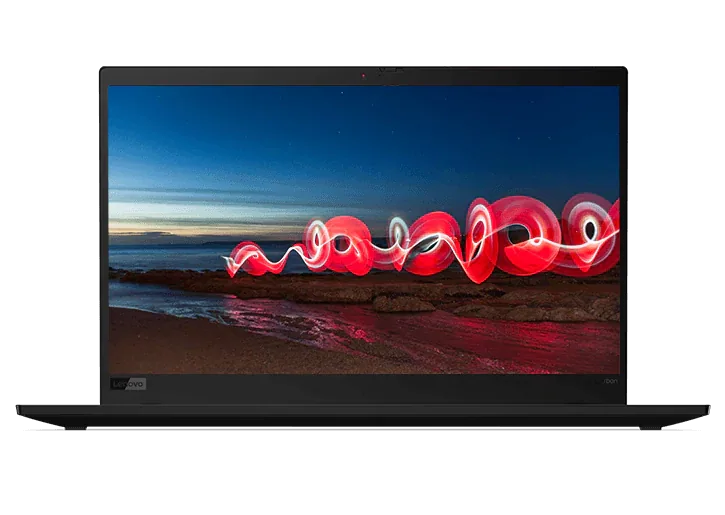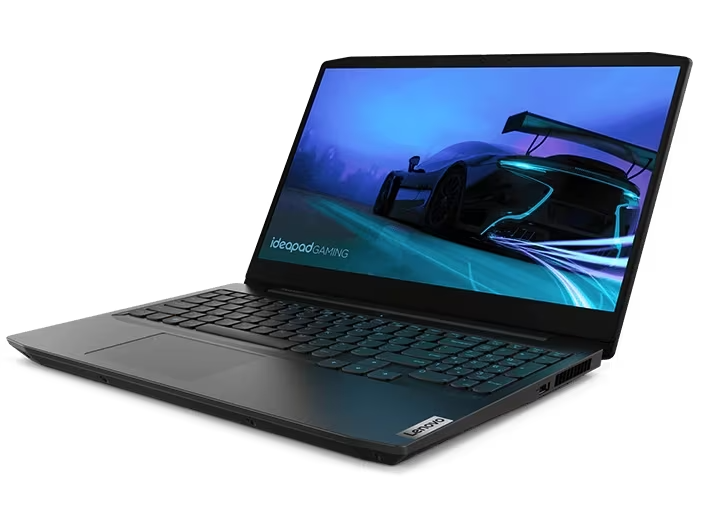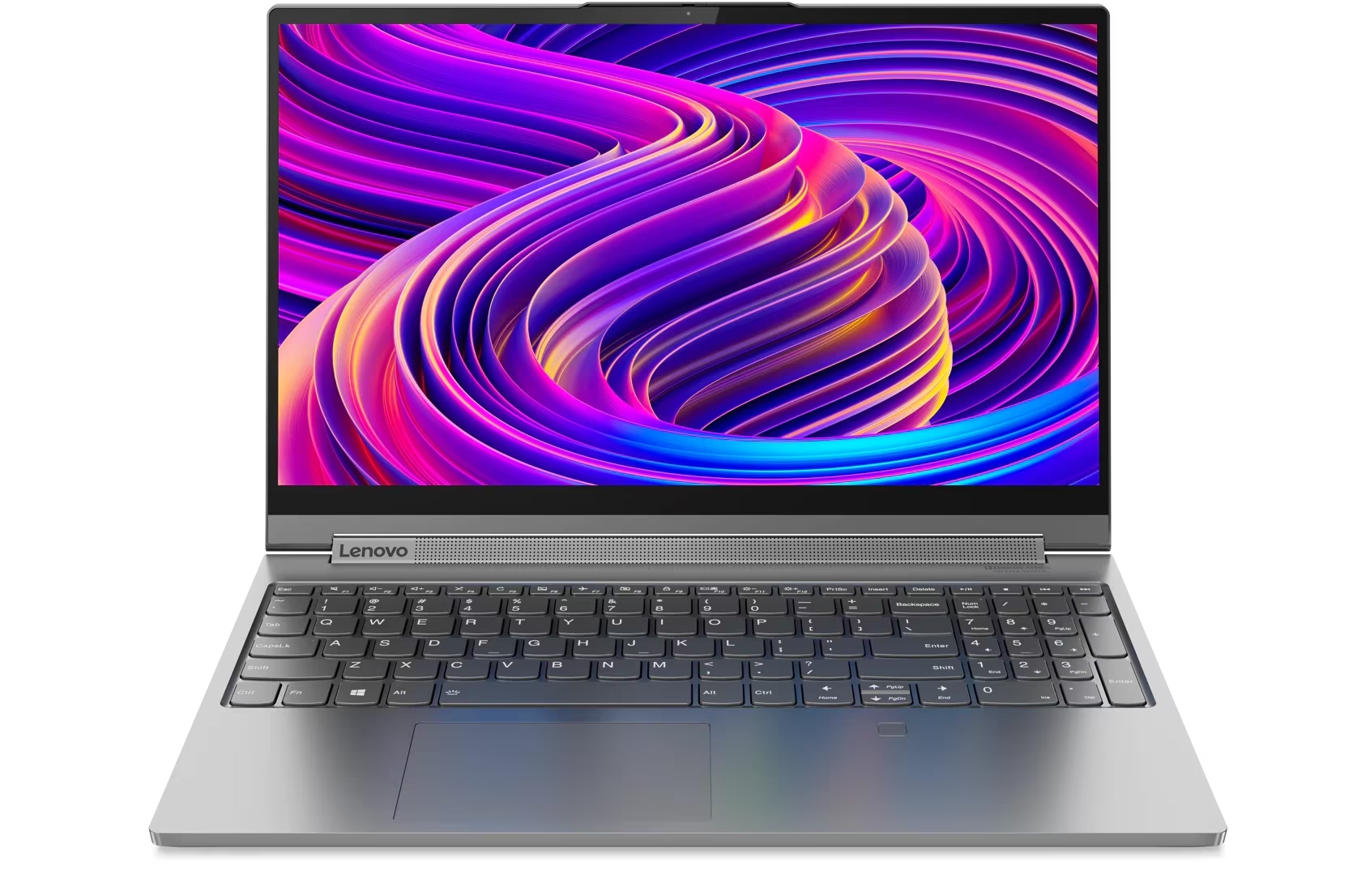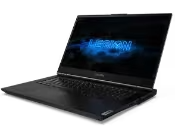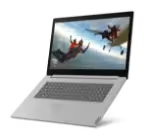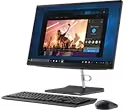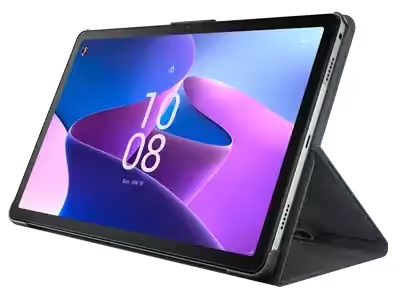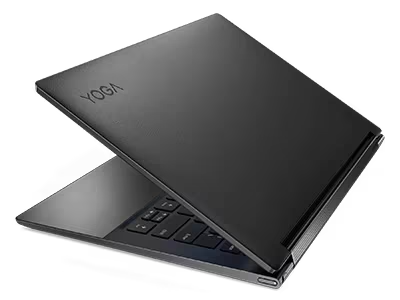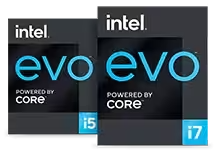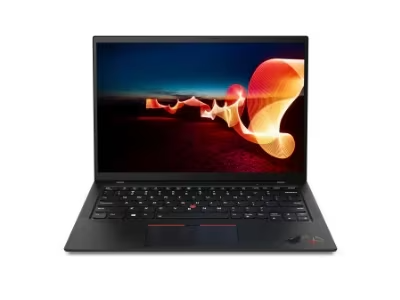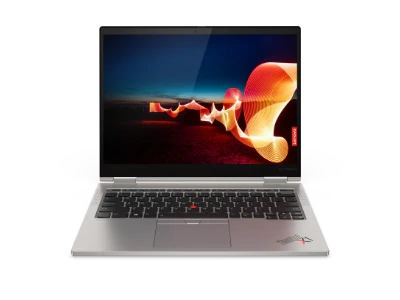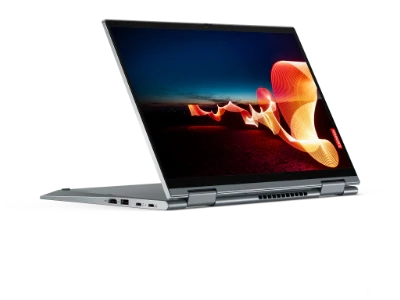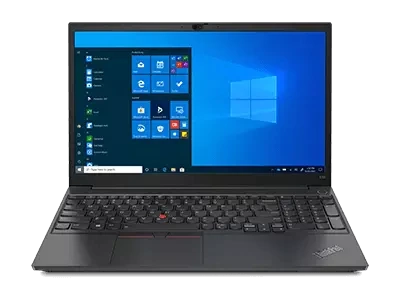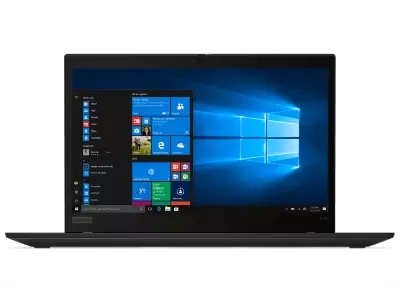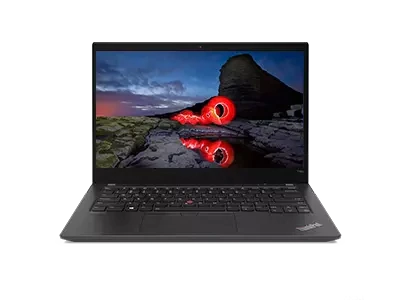Best Laptop for Photography
Photography isn’t just a camera and a subject. It’s inspiration. It’s creativity. And in 2021, it’s programs and accessories.
As a photographer in the 21st century, you’re almost certainly using at least one program to complement your work. Whether it be Photoshop, Adobe, or one of the hundreds of others, you’re bound to be using a program that demands more computing power from a laptop than your average word processor.
But there are more features you should consider than just a hearty processor, speedy RAM, and ports for accessories.
Here, we’ve created a list of what to look for when searching for the best laptop for photography, what factors to consider, and what photographers need in a laptop so you can get all the information you need to make a choice that’s best for your vision.
The Best Laptop for Perfect Color Replication and High-Resolution Images
When editing photos, a gorgeous display that perfectly reproduces a vast range of colors is crucial. One of your top concerns should be a display that accurately reproduces colors and contrasts; otherwise, your images may not be represented correctly.
Lenovo’s ThinkPad P Series mobile workstations use Dolby Vision™ 4K display for a sharp, rich, accurate color that is exceptional for photographers and other professionals in the creative design field.
The Best Laptop for Crystal Clear, Brilliant Graphics
There are two different options regarding graphics; you can have a dedicated GPU (graphics processing unit), which is independent of the processor, or an integrated GPU, which the processor powers. The dedicated, or discrete, GPU is stronger because it has its own RAM. The integrated GPU uses RAM from the processor.
When working with photography, it’s not always necessary to use a dedicated GPU. If you don’t plan on editing or working with things like video games or movies, you can save some cash by choosing an integrated GPU. The latest versions of processors have incredible integrated GPUs that are more than capable of handling photography and photo editing software.
The Best Laptop for All-Day Creativity
If you’re working with photography, you need a laptop that’s lightweight, maneuverable, and has a long-lasting battery. After all, if your primary work tool becomes a paperweight after only 3 hours, what’s the point in having it?
The average battery life is anywhere from 1-5 hours, but keep looking unless it’s above 7 hours. Many manufacturers design workstations that last well over 10 hours, and a rare few, over a day (so there’s no need to settle).
It’s hard to stay productive when you have to keep recharging your “portable” workstation every few hours. Most photographers prefer laptops with at least an 8-hour battery life.
Lenovo’s ThinkPad P Series mobile workstations have up to 16-hour battery life and are a new favorite of photographers and engineers.
The Best Laptop for Smooth, Uninterrupted Workflow
You need a laptop that won’t fall behind, one that can keep up with your creations. The best laptop for photography has an exceptional processor with multiple cores and, at the very least, 8 GB of RAM. However, with all the heavy programs and image files, most photographers prefer at least 16 GB to keep programs and tasks running smoothly.
Now, you may hear that RAM (random-access memory) isn’t as important as before because you can save your files on the internet. True. However, programs that you install on your computer use up your RAM, as well, and need an ample amount of disk space to operate. Basically, don’t skim on RAM.
The Best Laptop with All the Ports You Need
As mentioned before, photography today means accessories, which means you need enough ports for all your photography toys. Accessory tools such as graphics tablets, monitors, monitor calibration devices, and many others vary on a scale from absolutely necessary to nice to have. Still, it’s vital to have the ports available when you want them.
The best photography laptop has ports for all these tools, and inputs to spare.
Factors to Consider
If you’re a photographer, there are some critical features you need to consider before committing to a laptop. You’re not going to be just browsing the web – you need something powerful, fast, and lightweight (but still durable and full of ports).
Processor – The processor is one of the most important features of your computer, and photographers need the best. Elite processors have multiple cores and provide more than 2.0 GHz of computing power to ensure seamless multitasking.
RAM – With the cloud, it’s not as essential to have local storage space, but if you are using many hard-hitting programs, the programs will eat up your RAM. The available RAM storage options are 4 GB, which is the bare minimum, 8 GB which is standard, and an option to add on. Most photographers prefer to work with at least 16-32+ GB of RAM to ensure their programs run smoothly.
Storage – The best laptop for photography has an SSD (solid state drive) as the primary storage, as traditional spinning hard disk drives are less reliable and efficient, heavier and have a slower boot-up speed. The minimum storage you want is 128-256 GB, but if you want to work freely without worrying about running out of space, go with 512 GB +.
Display – As a photographer, you need to make sure your images’ colors and contrasts are correct. The best laptop for photography has a crystal clear, high-resolution display, with an anti-reflective / anti-glare screen and IPS tech or similar.
Graphics – It’s not always necessary for photographers to use a dedicated graphics card (a prachics processing unit independent of the processor) – today’s processors have integrated GPUs that are certainly up to the challenge. If you’re not working with videography or the like, an integrated GPU should serve you fine.
Plenty of accessory ports – The best photography laptops have enough ports to let you use your mouse, headset, phone charger, plus all your fun photo editing accessories like graphics tablet or other smart devices, with ports to spare.
Wireless/Wi-Fi – If you’re storing your photos in the cloud, lightning-fast Wi-Fi capability is even more critical. The new IEEE standard is 802.11ac, 5 GHz, up to 1300 Mbps, almost three times the previous standard (802.11n, up to 450 Mbps).
Long-lasting battery – The best laptop for photography has a battery life of at least 7+ hours. You want to run intense programs that will demand a lot from your battery, but you still need a full day’s work. Look for a workstation with excellent battery life, perhaps even an optimized mode.
Webcam / Microphone – You may not use your webcam for photography, but working in 2021 means online meetings with clients, business partners, potential buyers, and more. A great webcam is a must, and a good microphone is a nice bonus (though many choose to use headsets, instead).
Lightweight but sturdy – Great laptops can withstand more than a few falls, bumps, and bangs. As a photographer, you’ll likely travel with your workstation frequently, so you need it to be light but still built like a tank.
What Do Photographers Need in a Laptop?
Any good photographer knows that inspiration is everywhere, which means you need the ability to be everywhere, too. The main specs photographers need in a workstation aren’t just an amazing processor and loads of storage.
The best laptop for photography has everything you need for photo editing on-the-go:
- CPUs with multiple cores that can run even the most demanding photo-editing programs.
- Lightning-fast Wi-Fi to upload images and files - 802.11ac (5 GHz, up to 1300 Mbps), is the new IEEE standard, which is almost three times the previous standard
- Excellent graphics card – dedicated GPU or integrated GPU, as long as the integrated GPU is a newer version
- High-resolution display that reproduces accurate colors and contrasts (to represent photos correctly on the screen)
- Lightweight yet durable to withstand inevitable accidents during photo ops
- Plenty of accessory ports for additional screens, a wireless mouse, graphics tablets, and other essential smart devices
- A decent trackpad (some people prefer it, and sometimes, you have to use it)
- Long-lasting battery life of at least 7+ hours, though most prefer 10+ hours
- Webcam for online meetings, consultations, and appointments
Yes, the best photographers know that inspiration is everywhere. You need a laptop that can hold all your photos, effortlessly run your grueling photo editing programs, and withstand mishaps during travel (plus, charge your phone without unplugging your mouse).
That’s why we made one.
The ThinkPad P Series has everything photographers need for wherever inspiration strikes.
